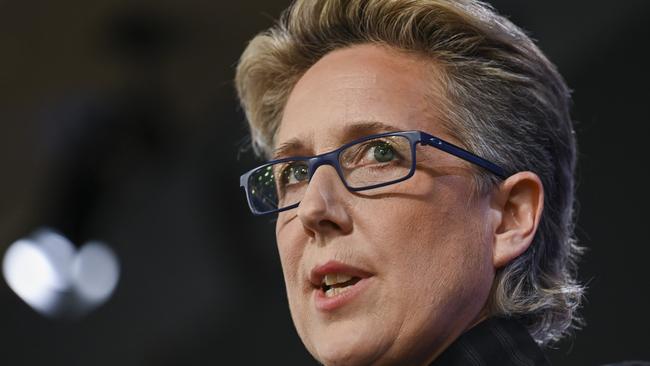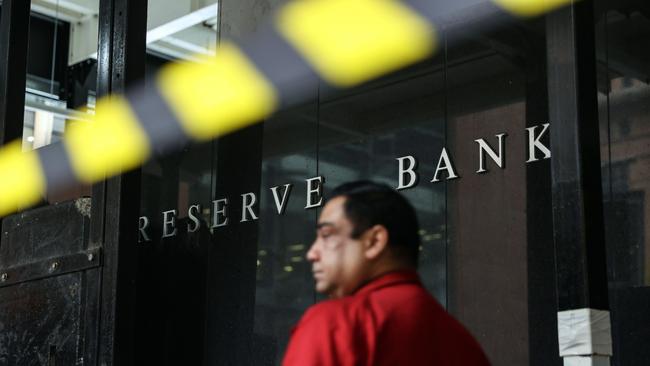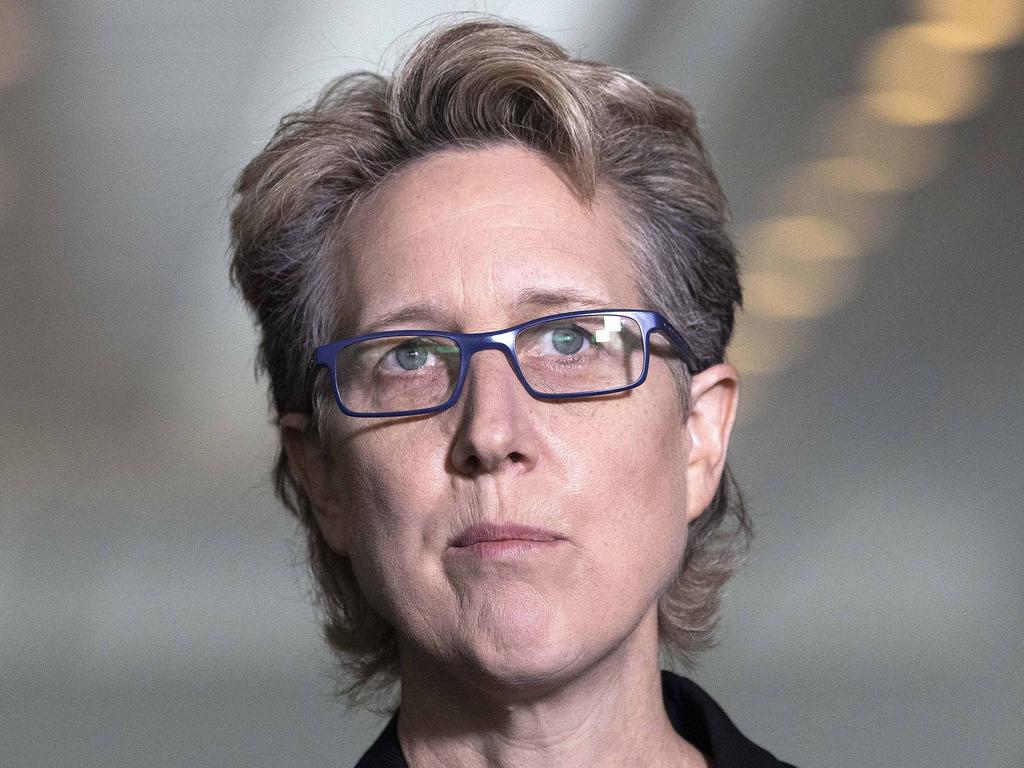Fair Work‘s interest rate warning over wages
Commission president Adam Hatcher questioned whether a high increase in minimum and award wages risked the Reserve Bank hiking up interest rates again.

The Fair Work Commission has questioned whether a high increase in minimum and award wages risked the Reserve Bank hiking up interest rates again and leaving workers worse off.
Comments by FWC president Adam Hatcher came after federal Treasury said the budget forecasts assumed the commission would award a 7 per cent increase to the nation’s lowest paid workers and at least a 4 per cent rise to more than two million award-reliant workers.
In an exchange with the ACTU during a hearing on Wednesday, Justice Hatcher said there seemed to be some distance between the federal government’s submissions and the “perhaps slightly less direct message we’re getting from the Reserve Bank about what sort of outcome from this review would be consistent with reducing inflation”.
“Is the risk … that a perceived high figure emanating from this review might encourage or cause the Reserve to hike interest rates again and for some households leave them worse off than when they began?” he asked.
“Reading the tea leaves, the Reserve Bank seems to be telling us that the increase should be the top of the inflation target band - 3 per cent - plus long-run productivity growth of about 1 per cent. That comes to about four.
“Whether their analysis is correct … it’s the effect it might have upon the interest rate setting mechanism for the next round.”

In evidence to the commission, Treasury confirmed the budget forecasts for wages and inflation assumed the commission would adopt a similar approach to last year when the lowest-paid workers received rises in line with the inflation rate.
Treasury representative Ineke Redmond said the budget assumed the lowest-paid workers on the minimum wage would be awarded a 6.9 per cent increase while more than two million workers would receive at least 4 per cent.
In the wake of real wages falling by a record 4.5 per cent last year, the government says the FWC should ensure real wages of Australia’s low-paid workers should not go backwards.
“Persistent declines in real wages for low-paid workers would have a significant impact on their living standards resulting in those low-paid workers shouldering a disproportionate burden of the macro-economic adjustment needed to lower inflation,” government advocate Greg Manning told the hearing.
The ACTU is seeking an across the board 7per cent increase; employer groups are seeking to limit the rise to 3.5 per cent.
Australian Chamber of Commerce and Industry principal economist Peter Grist said the chamber “supports a fair, reasonable and responsible increase in minimum and award minimum wages in 2023”.
“We recognise households are experiencing increasing pressures from high inflation but it is impacting just as heavily on businesses by raising operating costs.”
ACTU secretary Sally McManus said wage growth was not contributing to inflation.
“Any increases over the past year have been swallowed up by price rises, rent rises and interest rate rises,” she said.








To join the conversation, please log in. Don't have an account? Register
Join the conversation, you are commenting as Logout